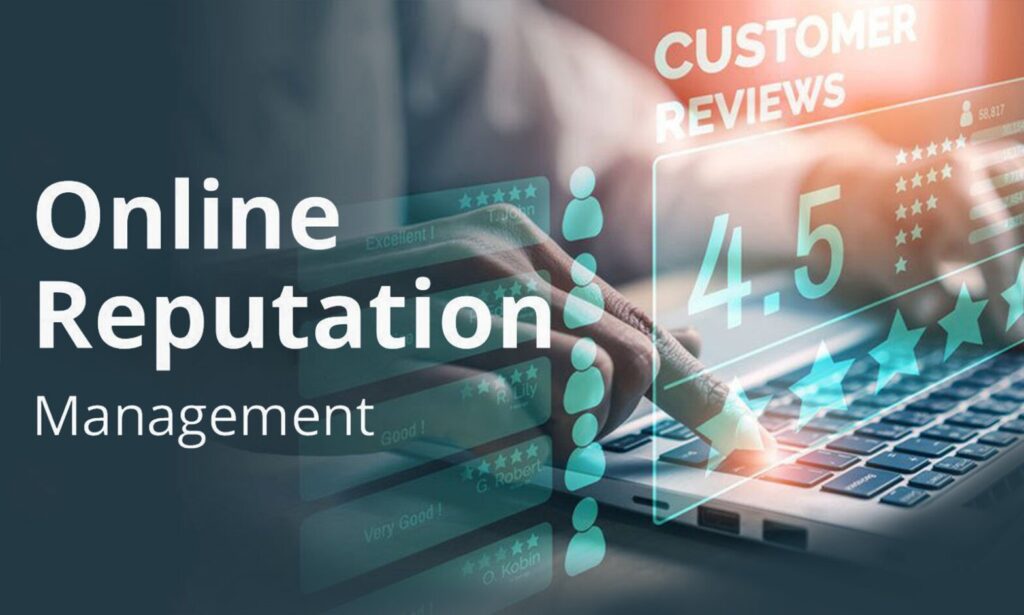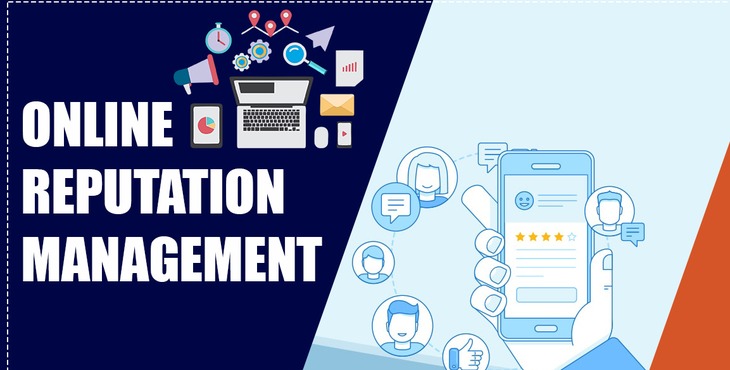The internet serves as a vast repository of information, where anyone can contribute content, positive or negative. Consequently, maintaining control over how one is perceived online is paramount. A favorable online reputation can bolster credibility, attract opportunities, and cultivate a loyal customer base. Conversely, negative reviews, false information, or damaging content can tarnish reputations irreparably, leading to loss of trust, revenue, and opportunities. Therefore, proactive reputation management is imperative to mitigate risks and preserve a positive digital footprint.





